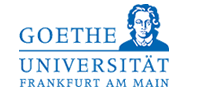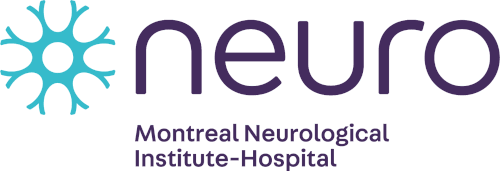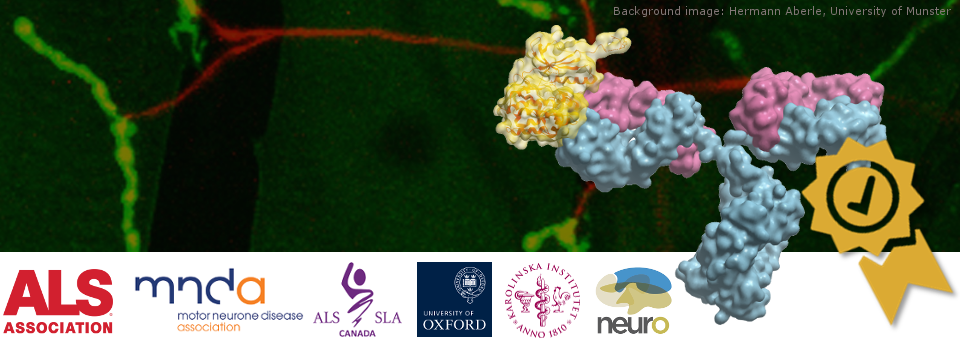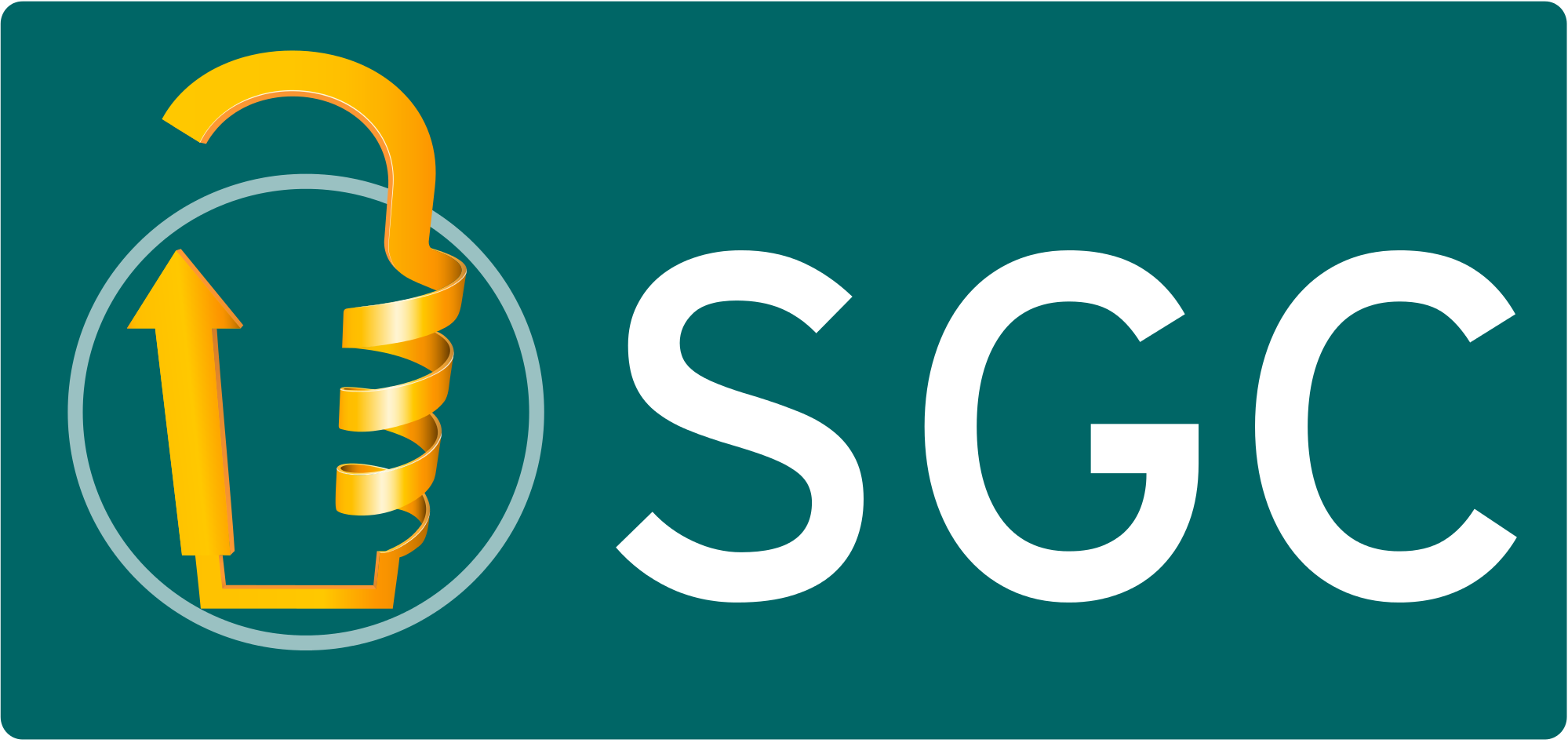 |
 |
 |
 |
 |
 |
Cyclica and Structural Genomics Consortium co-crystallize DCAF1, a key component in proteasomal degradation, with a novel ligand to support targeted therapeutics discovery
11 November, 2021
Toronto, Canada
 |
 |
 |
 |
 |
 |
Cyclica and Structural Genomics Consortium co-crystallize DCAF1, a key component in proteasomal degradation, with a novel ligand to support targeted therapeutics discovery
11 November, 2021
Toronto, Canada
Inhibiting a key enzyme that controls a large network of proteins important in cell division and growth paves the way for a new class of drugs that could stop glioblastoma, a deadly brain cancer, from growing.
Researchers at Princess Margaret Cancer Centre, the Hospital for Sick Children (SickKids) and University of Toronto, showed that chemically inhibiting the enzyme PRMT5 can suppress the growth of glioblastoma cells.

(Chapel Hill, N.C.— April 7, 2020) — Today, the Structural Genomics Consortium (SGC), the University of North Carolina at Chapel Hill and the Eshelman Institute for Innovation, announce the launch of the Rapidly Emerging Antiviral Drug Development Initiative (READDI), a global organization formed to discover and develop drugs to put “on the shelf” for clinical trial testing in anticipation of future viral pandemics.

Launch of a New Phase 2 Clinical Trial “STOPFOP”
The Saracatinib trial to prevent Fibrodysplasia Ossificans Progressiva (STOPFOP) will begin recruitment in March 2020.
The National Institute on Aging (NIA), part of the National Institutes of Health, has awarded a grant expected to total $37.5 million over five years to establish the Open-AD Drug Discovery Center. Led by Emory University, the Center includes investigators at Sage Bionetworks, Structural Genomics Consortium (SGC), Stanford University, Oxford University, and University of North Carolina.
A new type of drug that targets a genetic weakness in an untreatable childhood brain cancer could become the first ever treatment designed to target the disease.
The prototype treatment could also offer hope for patients with the rare and devastating ‘stone man syndrome’ – in which muscles and ligaments turn to bone.
Scientists at The Institute of Cancer Research, London, led research with an international team of colleagues, finding that the new drug class can kill brain cancer cells with mutations in the ACVR1 gene and shrink tumours in mice.

FOR IMMEDIATE RELEASE
Kiev, Ukraine and Oxford, UK, 10 January 2018: Diamond Light Source (Diamond) and the Structural Genomic Consortium (SGC) Oxford announced today that Enamine, a chemical company and producer of novel chemical building blocks and screening libraries, will become a key supplier of poised fragment and analogue libraries to its XChem facility. Enamine will offer a new generation of the hit-finding library, Diamond-SGC-iNEXT (DSI) Poised Library to enable fast and productive fragment-based lead discovery(FBLD).
Pharmaceutical research and development (R & D) is one of the best examples of human ingenuity, attracting vast funding, employing brilliant minds, and deploying the most advanced technologies. Over the past century, it has enabled unprecedented advances for human health. Yet the pharmaceutical R & D system is struggling to keep up with society’s medical needs. High failure rates and prolonged research timelines for candidate drugs constitute a human tragedy, and have dramatically increased the cost of drug discovery over the last decades. More and better medicines are desperately needed at a time of global ageing and expanding populations, with new challenges such as antibiotic resistance on the horizon and many tropical infectious diseases still in need of adequate pharmaceutical solutions. To meet these challenges it is imperative that we rethink drug discovery

